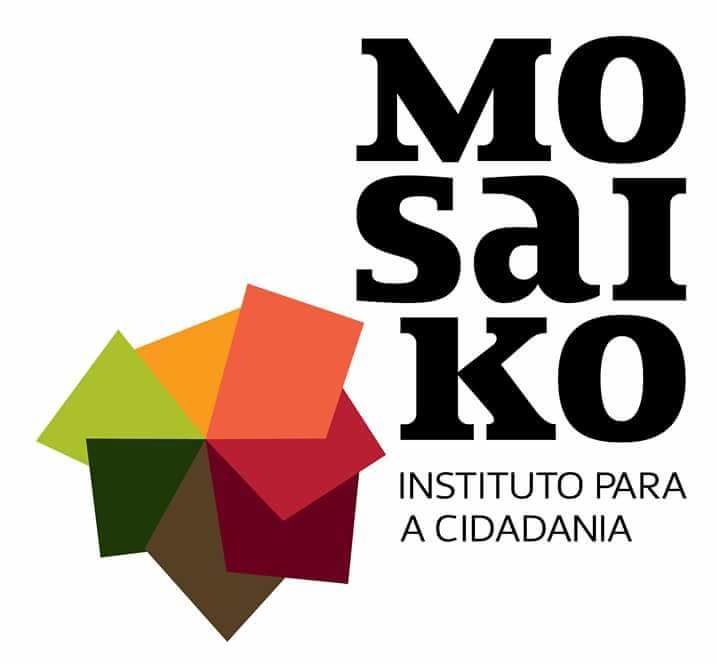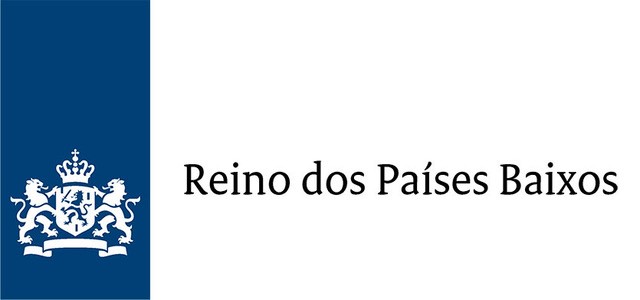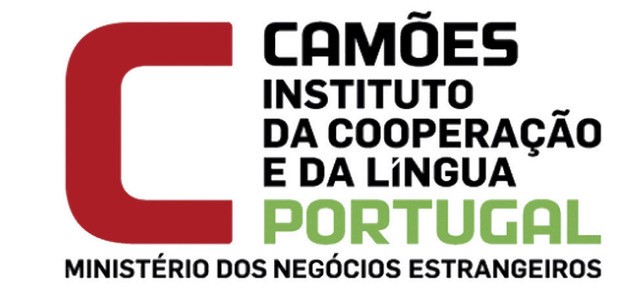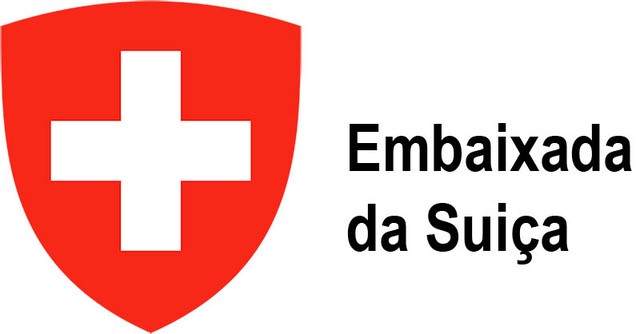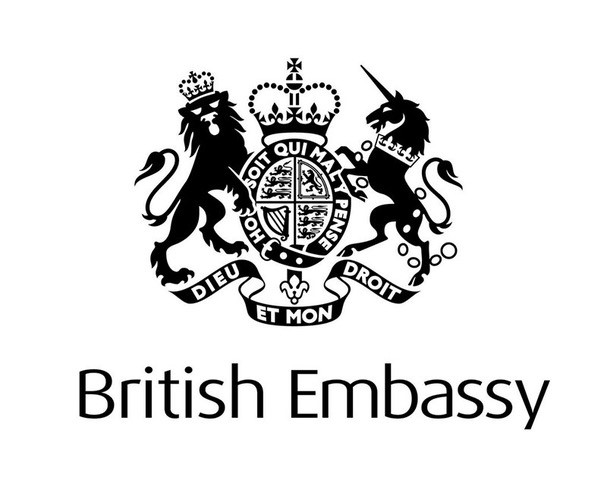In traditional societies, every village, every custom, every institution has its own specific background story. Following in the path of this ancient tradition, here’s the story behind Mosaiko:
Muntu [“person” in many Bantu languages] lived in a village in the woods, replete with fine traditions. He had many children and lived in harmony with everyone. One day the men of the village went hunting and Muntu accompanied them. After a day spent under the burning sun, chasing animals, a great tumult broke out when time came to distribute the meat. This led to a war that forced the villagers to scatter. A large part of Muntu’s family was killed, and for a long time he was forced to wander lost inside the woods, confronting many dangers, starvation and thirst. In an attempt to flee the forest, he travelled a great distance to a very arid land. After so much walking, Muntu fell ill and lost all will to live. He propped himself against an embondeiro [baobab tree] waiting for death, without, however, realizing that the baobab was full of múkuas [fruit].
Eventually he noticed how many birds were constantly pecking at the trunk of the baobab. He marvelled at their odd behaviour, contrasting them with the birds in his own village. However, he decided to ask their name and they replied that they were called Kisalu [“work” in Kikongo] because of the amount of time they spent working. Now, this made Muntu consider them even greater fools, but, just to play along, he too chipped away at the trunk of the baobab. However, upon discovering that the bark that fell off the tree was edible, he chipped and scraped so much that after three days he had torn a large hole in the tree trunk. He soon regained his strength and judging himself to be sufficiently recovered he set off walking once more. But, immediately he lost his way and found himself once again without food or drink. As he continued along, out-of-the-blue, a small pond appeared before him. Muntu crouched over and began taking water from the pond, at the same time, taking benefit of the moist earth. Unfortunately, that small sanctuary concealed an even greater danger, as a nearby lion, upon spying Muntu, leaped to devour him, but missed and ended up slipping into the pond.
‘Safe and sound,’ but completely lost, tired and very hungry and thirsty, Muntu saw in the distance the ‘saviour’ baobab in whose trunk he had dug a hole. He rushed over to resume feeding on its trunk, now considering the Kisalu as very intelligent creatures. In the meantime, the hole in the baobab had been filling with water slowly pouring from the trunk, which Muntu drank until completely satisfied. When he’d finished, he proclaimed his gratitude to the baobab: ‘You were my salvation, because were it not for your trunk, I would already be long dead.’ The water from the baobab gave him so much strength that he decided to return to the village. He found it deserted and completely destroyed. He sat under the mulemba [African fig tree] and began to ponder: ‘How can I make the others return?’ He decided to see the old Emwainasano [“harmony” in Kwanyama] who was a person full of life experience and, therefore, always giving advice and counsel to those who sought her out. She advised him to throw a big party – a Mosaiko party – to which they would invite all the inhabitants, as the only way to restore the village. Muntu was very happy with the idea and set out to spread the news that everyone could return without fear. So many people gathered together in the house of Dikanda [“family” in Ibinda]. They began to talk whilst eating Kuzokoza [“take the floor, settle” in Kimbundu]. They grieved over what had happened to force even the oldest Emwainasano to leave the village. Still wary, they resolved to avoid reigniting such great anger. They had just taken this decision when the old woman appeared and advised them to choose Mbembwa [“peace” in Ngangela] as their chief along with his deputy, the old Esunga [“justice” in Umbundu] who always solved the makas [problems] so well that nobody felt aggrieved. It was only due to gluttony that they had not sought his advice on the day of the hunt. Then the drumming began for the great Mosaikoparty. Everyone sang and danced to celebrate the return.
Mbembwa returned to the village and was a very good chief. In those days, his youngest daughter was born, Murimu [“development” in Cokwé]. However, as everything had been destroyed and there was no food, Muntu suggested that the Kisalu were called to teach the villagers the song of work. The Kisalu came and everyone learned to work. Meanwhile, Murimu was growing, she was very beautiful and everybody was fond of holding her in their lap. To repay them, she had the idea to give out flowers to whichever villager could best imitate the Kisalu. In the end, everyone was the best because they all sang very well and the Kisalu ahd even taught them how to dig the ground. The old Emwainasano never tired of giving advice whenever asked. They even decided to meet regularly at Dikanda’s home and have a Mosaiko party every year. Everybody felt good. From then on, they treated one another as equals. Women no longer spent time working while the men drank. They discovered that Kuzokoza was the best food to give them strength, and that eating it several times stopped them from catching so many diseases.
Each year, everyone gathered for the great Mosaiko party. From the great chief Mbembwa to little Murimu, each of them brought the best they had and there was always plenty of Kuzokoza. At the sound of the drums they sang Kisalu’s song and then the old Emwainasano would ask the old Esunga to dance.
As this story suggests, by combining these seven keywords (in seven of the major languages of Angola), Mosaiko wants to contribute to the return of happiness back to the Angolan village. The word Mosaiko represents the multifaceted transformation of what in Angola is a threatening reality into a creative opportunity at the political, economic, social, cultural, and ecclesiastical level.
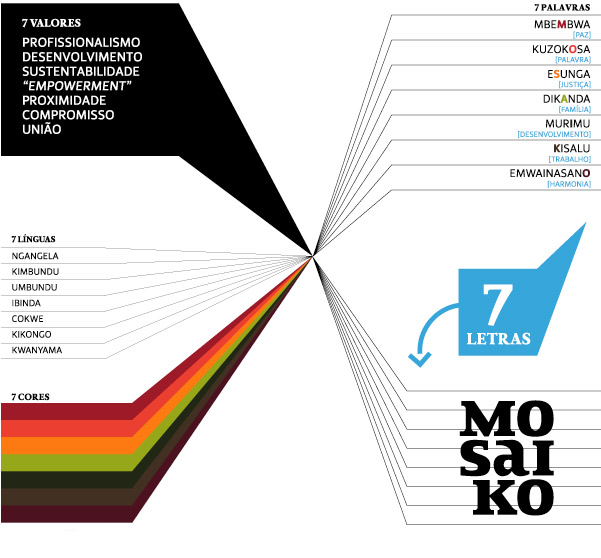
A palavra Mosaiko reúne uma letra de sete palavras numa das principais línguas nacionais de Angola:
Ngangela: falada princípalmente no sudeste de Angola.
Kimbundo: falada principalmente no corredor entre Luanda e Malange.
Umbundu: falada principalmente no centro de Angola.
Ibinda: falada principalmente na província de Cabinda (norte de Angola).
Cokwe: falada principalmente no leste de Angola.
Kikongo: falada principalmente no noroeste de Angola.
Osikwanyama: falada principalmente na província do Cunene (sul de Angola).
SEVEN
VALUES
1.
all people – and especially the most vulnerable – are entitled to the best of our personal and professional capabilities.
2.
a true process of development sets out from the concrete reality of each individual, it is carried out by him/her, and has as its principal aim, respect for dignity and the quality of life.
3.
“we work with people” and not “for people.” Only ownership of skills ensures the sustainability and impact of Mosaiko’s work.
4.
we prefer this term to its translation as “training” because it emphasizes the acquisition of power by the most vulnerable to exercise their rights and to be the protagonists of their own futures.
5.
is the basis for a constructive and consultative approach based on the realities lived by those seeking closer ties among citizens, groups, organizations, and State institutions.
6.
means that each social actor fulfils his/her duty and works to achieve balance by making sure that common interests outweigh private ones.
7.
a holistic approach to collective action, founded upon the notion that diversity in culture, knowledge, and experience is mutually enriching.
The word Mosaiko is composed from one letter of the seven words which outline the work that the Institute for Citizenship intends to carry out:
Family
Development
Harmony
Justice
Peace
Dialogue
Work
SEVEN COLOURS
Because we believe that the greatness of a country is measured by the greatness of its people, we use words that describe the everyday lived reality of Angolans.
The colours we use reflect intrinsic values and habits of Angolan society. The greens of nature, the ochre and browns of the earth, the warm colours of the sun…
All these colours represent the energy and the positive development of the Angolan nation.
The word Mosaiko comprises one letter from seven words in seven native languages from Angola, to demonstrate that our philosophy of work aims toward unity based on the diversity of peoples, cultures, knowledge, and experience.
